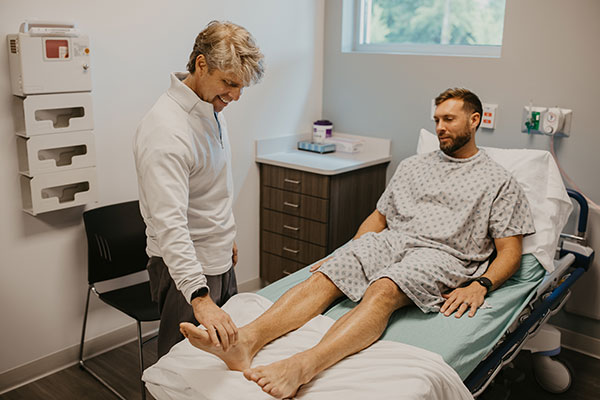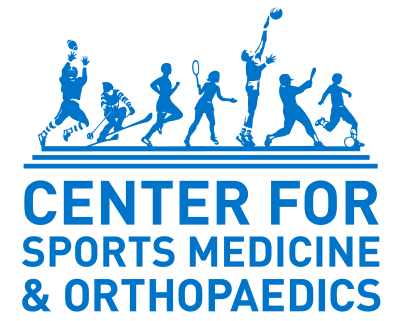Before undergoing any surgical procedure, it’s essential to ensure your health and safety are prioritized. CSMO Surgery Center pre-testing criteria is designed to identify any underlying medical issues and helps you prepare adequately to minimize the potential risks associated with anesthesia and surgery. These criteria also guide CSMO physicians, anesthesiologists, and medical providers as they determine who is appropriate for surgery at an ambulatory surgery center and who is better suited for surgery in a hospital setting.
This blog post provides a detailed overview of CSMO’s pre-testing anesthesia standing orders, empowering patients to navigate their surgical journey with confidence and clarity.
BMI Criteria
Body Mass Index (BMI) plays a significant role in determining anesthesia requirements. If your BMI exceeds 40, an anesthesiologist will evaluate your medical history before the day of surgery, even for conscious sedation procedures, to determine if you are appropriate. Patients with BMI over 50 must have surgery in a hospital setting.
Obstructive Sleep Apnea (OSA)
Patients diagnosed with Obstructive Sleep Apnea should bring their Continuous Positive Airway Pressure (CPAP) machine with them on the day of surgery. This device helps maintain open airways during sleep, reducing the risk of complications during anesthesia.
Age Considerations
Individuals aged 80 and older require thorough review by the anesthesia team to assess any potential risks associated with their age and health status.
Standard Pre-Anesthetic Testing for Surgery
NPO Guidelines: Refrain from consuming any food or beverages after midnight before the scheduled procedure. However, you may drink a clear liquid up to four hours before your arrival. Acceptable clear liquids include water, apple juice, black coffee, kool-aid, and carbonated beverages.
EKG Requirements: Depending on your age and medical history, an Electrocardiogram (EKG) may be necessary. Patients aged 65 and above must have had an EKG within the past 12 months. Additionally, individuals with a history of cardiovascular disease, cardiac surgery, or diabetes over 40 should undergo an EKG. For specific cases, such as MAC (Monitored Anesthesia Care) procedures, an EKG is required for patients with cardiovascular disease or cardiac surgery history.
Hgb/Hct Testing: Patients with a history of severe anemia or major blood loss require Hemoglobin/Hematocrit (Hgb/Hct) testing. Recent labs from oncology may be used for patients undergoing chemotherapy.
Additional Orders (Medical History Specific)
Special Precautions: Patients with specific medical conditions, such as AICD (Automated Implantable Cardioverter-Defibrillator), require specialized care and will be scheduled at the hospital.
Lab Tests: Various lab tests, including metabolic panels and CBC (Complete Blood Count), are necessary for patients with certain medical histories, such as liver disease, renal insufficiency, or recent chemotherapy.
- Patients with a history of renal insufficiency or who are taking anti-hypertensive medications that contain diuretics must have a basic metabolic panel. Dialysis patients require a basic metabolic panel within 24 hours of the procedure.
- Patients with a history of liver disease must have a Hepatic Function Panel and basic metabolic panel.
- Oncology patients who have received chemotherapy within the last year or have leukemia or lymphoma must obtain a CBC and basic metabolic panel if not completed by an oncologist with the last month.
- The anesthesia team will be consulted for additional labs for individuals taking Coumadin or who have a history of clotting problems.
- Records of previous surgeries or hospital stays will be request for any patient with a history of malignant hyperthermia or difficult intubation.
- Anticonvulsant blood levels must be obtained on all patient with a history of seizures in the last year.
Medication Management: Specific instructions will be provided for patients taking prescription and over-the-counter medications, including antihypertensive drugs, oral diabetes medications, insulin, and other prescription medications. Herbal supplements and weight loss medications should be discontinued before surgery. After you are cleared for surgery, a comprehensive list of medication instructions will be provided based on your medical history.
Disclaimer: The information provided in this blog post is for educational purposes only and should not replace professional medical advice. Always consult your healthcare provider for personalized guidance and recommendations based on your individual health needs.

Enhanced Surgical Planning
At CSMO Surgery Center, patient safety is our number one priority. This criterion allows our healthcare providers to tailor the surgical approach to each patient’s individual needs and medical history, ultimately improving the overall quality of care and reducing the risk of intraoperative complications. Your well-being is paramount, and your healthcare team is here to guide you every step of the way, ensuring a smooth and successful surgical experience.
To schedule a consultation with any of our orthopedic specialists, click here to review online scheduling options.

